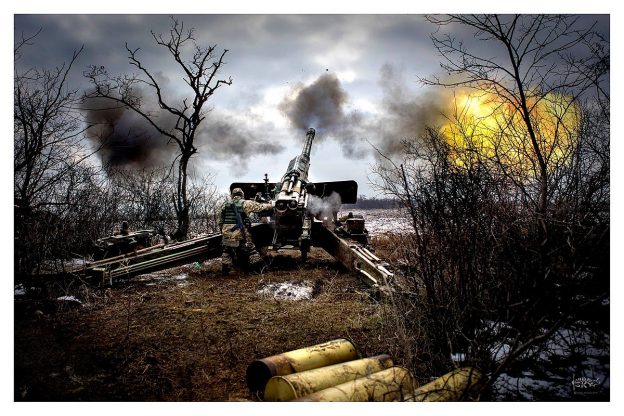Strangely, reading Albert Camus’ The Plague (1947) during the pandemic did not depress me (further). Instead, I felt exhilarated. Yes, Camus depicts widespread despair in Oran (Mediterranean city in Algeria) as it undergoes months of quarantine. Fear and unrest rise as bubonic plague kills thousands each month But, as usual with Camus, his ideas are engaging.
Camus has intrigued me since undergraduate days. As a young man, I identified with his defiant attitude in “The Myth of Sisyphus” and L’étranger. Yes, our lives are utterly absurd in the sense of meaningless. But, despite all, including an empty heaven, we live. We may be Sisyphus with his futile unending task of pushing a boulder up a hill. However, we endure, and we can even imagine Sisyphus happy. Why? Because we devise our own meaning.
As an older man re-visiting these works, I found that defiance less satisfying. Perhaps age dulls the sense of possibility. In any case, in The Plague Camus is less defiant, more humble, and distinctly chilling.
The crux of the novel arrives at the beginning, when the narrator (Dr Rieux, as it turns out) observes that people consider themselves free, but “no one will be free as long as there are pestilences.” This observation has both an obvious, and a less obvious, meaning.
Obviously, epidemics and pandemics curb the freedom of everyone. People spend aimless days of high tension, mourn their dead, and are restricted to concentration camps if exposed to the virus. Even so, the experience of the people of Oran is, in some ways, not as dire as ours: people flock to bars, restaurants, cinemas and beaches, despite the contagion. No social distancing there, surprisingly.
People wait to be freed from the pestilence. Religion offers little consolation. Father Paneloux, his own faith in doubt, pleads for people to surrender to “God’s will”, not to question a fate that is all part of His design. Dr Rieux, the good doctor, is unpersuaded. We can count only on ourselves, he thinks. God remains mute in his heaven, in the face of all atrocities. Rieux, the model of an ethical and thoughtful person, acts to heal the afflicted purely out of common decency. That is all one can rely on.
At the less obvious level, the plague represents the propensity within humans for violence and murder. Tarrou, a visitor to Oran of mysterious origins, develops this idea in conversation with Rieux. Other reviewers have represented the plague as fascism, but I see no evidence for this interpretation. Although the story is deliberately obscure, a youthful Tarrou apparently participated in a radical left-wing group that assassinated people to advance a Utopian future. He later realizes a bitter truth: not only is killing never justified by any principle, but also, and more unsettling, “we all have the plague, and I have lost my peace.” The virus – the propensity for violence – may remain dormant for a while, but it never disappears. It will become virulent again and the contagion will spread.
So how do we live? Only by being perpetually on guard against the resurgence of the pestilence and taking the side of victims. “While unable to be saints but refusing to bow down to pestilence,” we must “strive our utmost to be healers.”
Are we humans worth saving, if our basic natures are so debased? Yes, says Camus, in a carefully balanced judgment . “There are more things to admire in people than despise.” We hope he is right. We hope to encounter many Dr Rieux, to become Dr Rieux. But one thing is certain; indeed, it is the key lesson. To achieve peace, both in the political and the personal sense, we must be true healers. We must be alert to, and act against, the pandemic within.
Richard Sandbrook is Professor Emeritus of Political Science at the University of Toronto and President of Science for Peace Canada.
Image by Random House.



